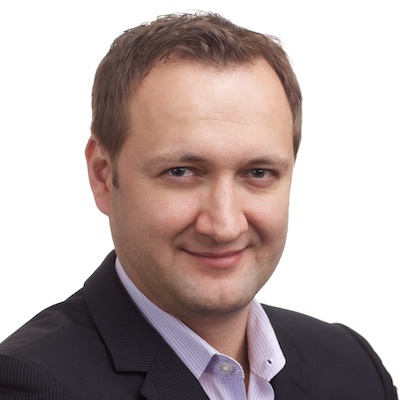How to Develop an ISA100 Wireless Instrument that Meets End User Requirements (December 11th, 2024)
End users expect ISA100 Wireless instruments to meet their requirements for various use cases. The ISA100 Wireless standardization effort was driven by end users through clearly formulated requirements. End user’s requirements are centered on ensuring interoperability, security, seamless connectivity, and data availability. These requirements are driven by traditional process automation use cases as well as novel use cases that increase the sustainability of processes.
This webinar provides a step-by-step approach on how to develop and certify and ISA100 Wireless field instrument that meets end user requirements. It also showcases various use cases and success stories that substantiate the fact that ISA100 Wireless instruments meet end user requirements in a unique way.
The entire process is detailed, from formulating product requirements through obtaining applicable certifications needed for product market release. The webinar also provides an overview of the benefits of offering an ISA100 Wireless certified field instrument.
The ISA100 Wireless Industrial IoT standard (ISA100.11a and IEC 62734) meets the rigorous requirements for field instruments and infrastructure devices engaged in process automation, including monitoring and control. The WCI Rapid Development Kit (RDK) includes everything needed to develop ISA100 Wireless certified field instruments with minimal development effort. It is a comprehensive, user friendly, end-to-end development platform that includes pre-configured and fully integrated hardware, firmware and software components. It also includes training materials and step-by-step instructions to develop an ISA100 Wireless connected field instrument.
Topics Covered:
• List end user requirements for ISA100 Wireless instruments
• Showcase various use cases and success stories
• Understand the benefits of ISA100 Wireless
• How to develop an ISA100 Wireless field instrument that meets end user requirements
• How to Certify an ISA100 Wireless field instrument
This webinar provides a step-by-step approach on how to develop and certify and ISA100 Wireless field instrument that meets end user requirements. It also showcases various use cases and success stories that substantiate the fact that ISA100 Wireless instruments meet end user requirements in a unique way.
The entire process is detailed, from formulating product requirements through obtaining applicable certifications needed for product market release. The webinar also provides an overview of the benefits of offering an ISA100 Wireless certified field instrument.
The ISA100 Wireless Industrial IoT standard (ISA100.11a and IEC 62734) meets the rigorous requirements for field instruments and infrastructure devices engaged in process automation, including monitoring and control. The WCI Rapid Development Kit (RDK) includes everything needed to develop ISA100 Wireless certified field instruments with minimal development effort. It is a comprehensive, user friendly, end-to-end development platform that includes pre-configured and fully integrated hardware, firmware and software components. It also includes training materials and step-by-step instructions to develop an ISA100 Wireless connected field instrument.
Topics Covered:
• List end user requirements for ISA100 Wireless instruments
• Showcase various use cases and success stories
• Understand the benefits of ISA100 Wireless
• How to develop an ISA100 Wireless field instrument that meets end user requirements
• How to Certify an ISA100 Wireless field instrument
Date & Time: Wednesday, December 11th, at 11 AM New York Time
Contributors

Robert Assimiti
Centero, Co-Founder and CEO
Robert Assimiti has over 15 years of technical leadership in the wireless arena. He has architected and developed several highly-scalable, mesh based wireless product lines for the last 15 years for both commercial and industrial wireless markets. He manages a team of technologists focused on the creation of new technologies, standardization and generation of novel intellectual property. He has also authored and co-authored several patents. Robert defines Centero’s current and future technical strategic market position. He also oversees strategic partnerships, the integration of new business models, the incubation of new technologies and the cultivation of world-class talent. Robert is also an active member of the WCI Technical Steering and Strategy committees. He holds a Bachelor Degree in Computer Engineering from the Georgia Institute of Technology.